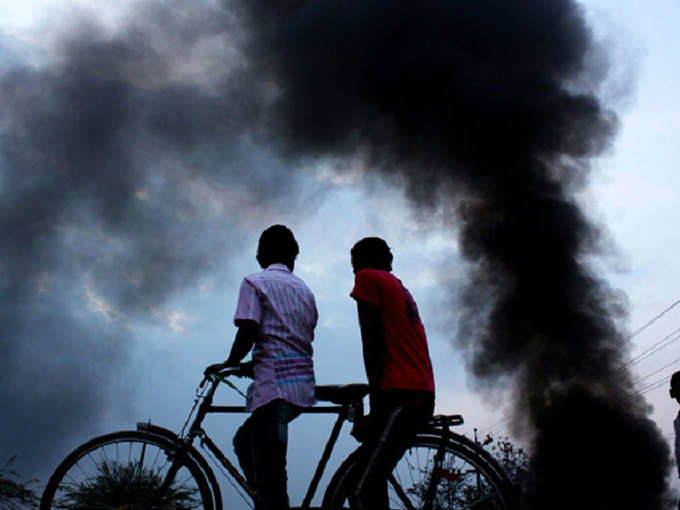 If the study at at the Indian Institute of Technology, Bombay, is to be believed,
If the study at at the Indian Institute of Technology, Bombay, is to be believed, According to the study, the impact on
The impact calculation was done using data on PM 10 (fine particulate matter measuring 10 microns), population and death rates.
With its
Air pollution was also responsible for 23 million cases of restricted activity days (RAD) — either less productive days or days off work for individuals — in the commercial capital in 2015. The worsening quality of air in the city also led to 64,037 emergency room visits in 2015 by those stricken by respiratory ailments, up by 35.4% from 1995. In comparison, in Delhi, there were 29 million cases of RAD and 0.12 million emergency room visits in 2015.
The study's lead author, Kamal Jyoti Maji, said the impact of air pollution on health and productivity was evident in that the increase in cases and cost after 2005 was in line with the overall trend in pollution.